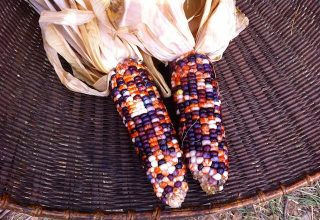
Are We Good Lie Detectors?
Can we tell if someone is lying to us? Robert Feldman, who has been studying lying for over thirty years, says in his book, The Liar in Your Life, we can’t. We may have suspicions, but it’s too easy to make mistakes. He says most people have no better than a coin-flip chance of telling a lie from the truth.
Many of the techniques that researchers have developed require expertise to be useful, and that is not available to most. For example, psychologist Paul Ekman, professor emeritus at U.C. San Francisco, has spent more than half a century studying non-verbal expressions of emotion and deception. More than fifteen thousand people have watched video clips to see if they can discern lying or telling the truth. The topics of the videos ranged from emotional reactions to witnessing amputations, to witnessing theft, listening to political opinions, listening to future plans ,and so on. The success rate at identifying honesty has been, as Robert Feldman suggests, no better than a coin-flip.
So What to Do?
If, as researchers suggest, we were not very good at discerning whether other people are telling the truth or lying, maybe a more fruitful inquiry would be to start closer to home – with ourselves. Science is discerning more and more evidence that we can tell when we are lying. Dishonesty requires the brain to work harder than honesty. Studies even show people take longer to respond when lying.
Start With The Inquiry: Where Am I Lying To Myself About Who I Am Really?
A conversation with self, if you like. A pause for a little introspection – who am I really? If we can accept the fact that we lie, then it follows that one of the areas where we more than likely are lying is to ourselves, about ourselves.
Mostly, the lies we tell ourselves about who we are really, start as beliefs we have about ourselves that either we were told by someone whose authority we did not question, or something we told ourselves after some failure or unhappy experience.
For example, I was told early on in my schooling that I was not good at mathematics. Several years of sitting in math classes comprehending virtually nothing validated that assessment for me. Then at fourteen a new math teacher arrived on the scene. To him it was not only incomprehensible that someone could not comprehend mathematics, but also equally incomprehensible that anyone would not love mathematics.
Download Article














